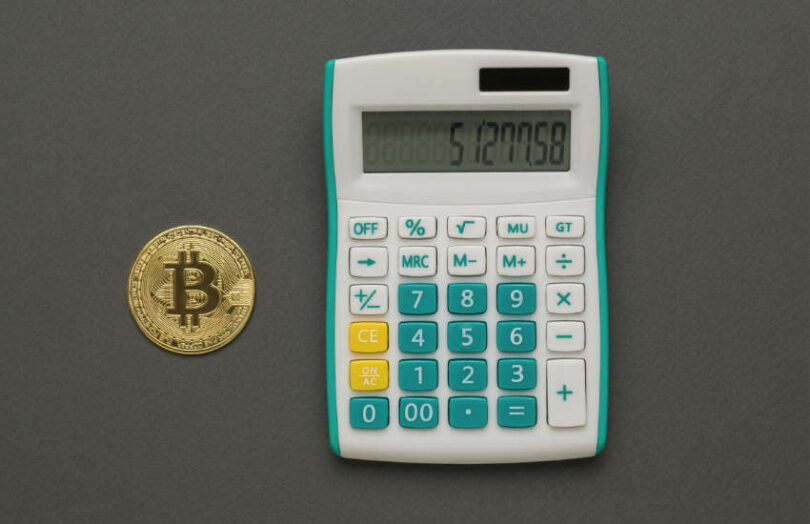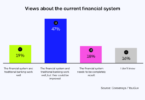The US-focused Financial Accounting Standards Board has published its draft accounting standard for crypto-assets and opened a consultation that runs until June 6. We provided more details on the planned contents in an article last month.
The new standard’s core is to use fair value for crypto-asset accounting. In other words, mark-to-market prices. Before the standard comes into force, crypto-assets are accounted for as intangibles, similar to goodwill. That means the cost is written down when values decline, but when prices go up, that’s not recognized. Hence, when a company implements the new accounting approach, it will need to recognize past gains, which will appear as an adjustment to retained earnings. That means the historical gain will not be recognized in the income statement.
The draft standard also covers disclosures such as the need to report crypto-assets separately from other intangibles and report profits or losses separately. Additionally, a breakdown of significant holdings is required and any restrictions or lockup periods for tokens.
The standard does not cover:
- self issued tokens
- non fungible tokens
- tokens that provide the asset holder with enforceable rights to, or claims on, underlying goods, services, or other assets
- wrapped tokens.
By definition, intangibles exclude financial assets such as securities.
The consultation document includes details about why the FASB Board made its decisions.
A key issue raised was how to value crypto-assets if there is limited market activity for that token. The FASB’s conclusion is that market value should still be used – how much the token could be sold for. In compliance with an existing standard on fair value accounting that involves considerable judgment rather than a price provided by a third party. A layman’s translation is that if you can’t sell your token at any price, then its value is zero.
The FASB adds some color to why some of the categories of tokens were excluded. Apparently, there weren’t many requests for accounting for self-issued tokens. We previously highlighted that these had played important roles in the collapses of FTX and Celsius. Mined tokens are not regarded as self-issued.
Wrapped tokens were excluded because they could involve complexity as it involves rights to other assets, one of the aspects excluded by the standard. It was left out to ensure the standard progressed quickly. We note that the most significant wrapped token is wBTC which currently has a market capitalization of just over $4 billion which is less than 1% of Bitcoin’s total value.
NFTs were not covered because the feedback was there is not yet significant amounts on balance sheets.






